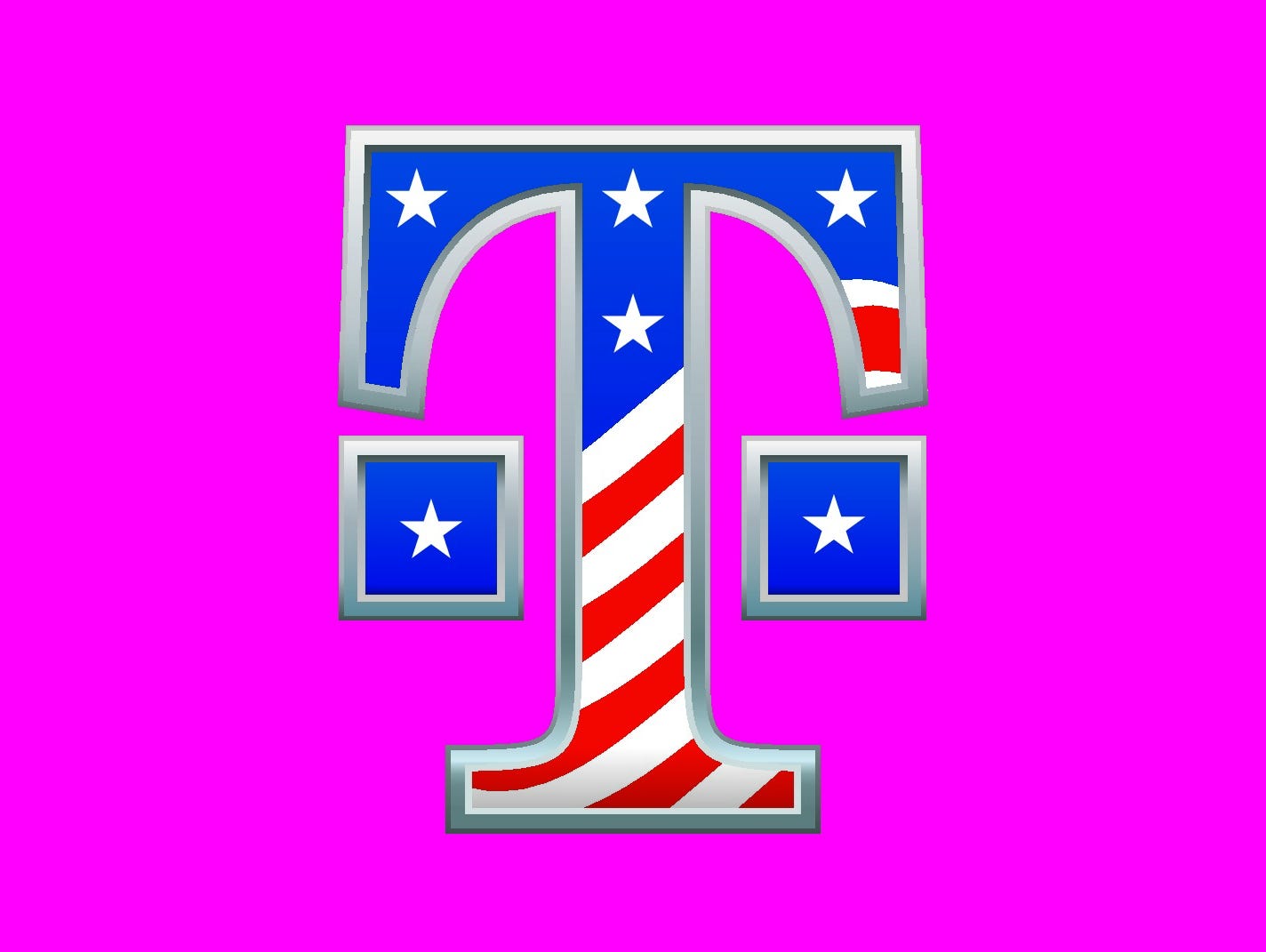
Subscribers claim it was always T-Mobile’s long-term plan to merge with another wireless carrier to create “the best path to extracting every possible cent from American consumers and small businesses.” T-Mobile class action claims number of states attempted to prevent mergerįourteen states and the District of Columbia filed a lawsuit against the companies in an attempt to prevent the merger after it was announced in April 2018, according to the T-Mobile class action.Īt the time, the states argued the merger would reduce competition and result in at least $9 billion worth of harm to consumers each year. small businesses and AT&T and Verizon subscribers billions of dollars, a new class action lawsuit alleges.Ī group of AT&T and Verizon subscribers claim the merger “combined two fierce competitors into a single behemoth with no incentive to compete meaningfully” against the “equally large” Verizon and AT&T. The April 2020 merger between T-Mobile and Sprint was an anticompetitive acquisition and collectively cost U.S.


MetroPCS used to also provide CDMA services, but this network was decommissioned in 2015. Today, MetroPCS customers can enjoy 4G LTE service as well as services using HSPA, HSPA+, and GSM technologies. MetroPCS delivers service to its customers using T-Mobile’s wireless network. MetroPCS, originally founded in 1994, is a wireless carrier that provides prepaid plans.


 0 kommentar(er)
0 kommentar(er)
